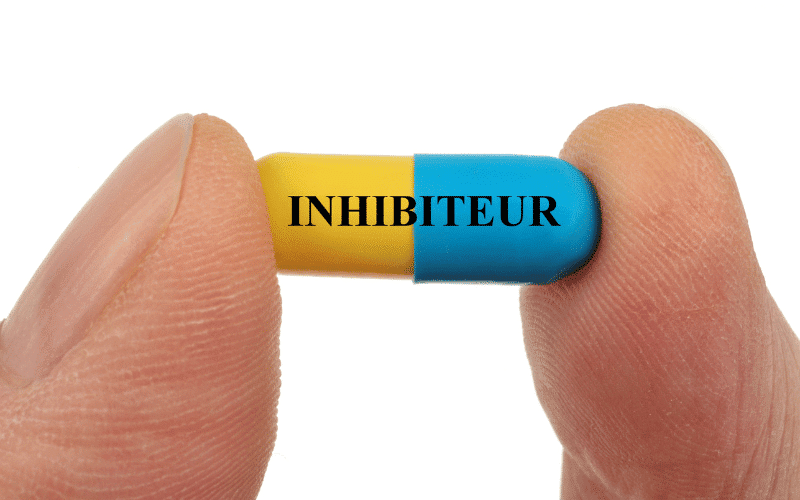9. Proton Pump Inhibitors (PPIs): The Heartburn-Heartbeat Connection

Proton pump inhibitors (PPIs) have emerged as the standard of care for conditions like gastroesophageal reflux disease (GERD), peptic ulcer disease, and as preventive measures for those at high risk of gastric ulcers, especially individuals on long-term NSAID therapy. While their efficacy in managing these conditions is well-recognized, recent scientific literature has drawn attention to their potential association with the onset of atrial fibrillation (AFIB).
Deconstructing the Proton Pump Inhibitors-AFIB Connection
PPIs work by suppressing the stomach’s acid production. They’re incredibly effective, providing relief to millions of people suffering from acid-related disorders.
However, as our understanding of these drugs has grown, so too has our awareness of their potential side effects. One such side effect is the potential association between PPI use and the onset of AFIB.
Safely Navigating Proton Pump Inhibitors Use
The precise mechanisms underlying this relationship are not yet fully understood. Some theories suggest that the long-term suppression of stomach acid could lead to decreased absorption of essential nutrients like magnesium and calcium, both crucial for maintaining healthy heart rhythms. Low levels of these minerals have been associated with an increased risk of AFIB. Moreover, chronic use of PPIs could lead to changes in the gut microbiota, leading to an increase in systemic inflammation, a known risk factor for AFIB.
While the evidence indicating a link between PPI use and AFIB is growing, it’s important to emphasize that this doesn’t necessarily imply causation. Many individuals with acid-related disorders are often older or might have other co-existing health conditions that could predispose them to AFIB. Therefore, these factors could be playing a significant role in the observed association.
For individuals on PPI therapy, this information shouldn’t cause undue alarm but rather encourage a discussion with their healthcare provider. This association underscores the importance of using PPIs judiciously, aiming for the lowest effective dose and shortest duration possible, and regularly reassessing their need. (9)